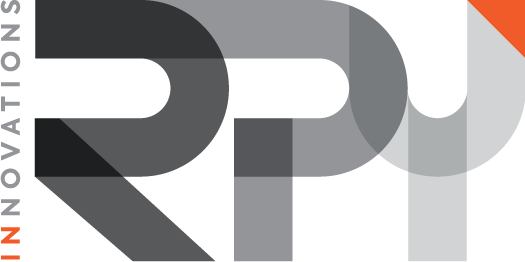ETA’s Payment Facilitation Panel Helps Keep Payment Facilitators Informed and Compliant
The ETA Payment Facilitator Committee has done a lot of important work over the past year: we’ve organized various experts and given them a platform within the ETA, making vital information more accessible to members. Whether you’re looking to take advantage of emerging opportunities or overcome the obstacles inherent to the industry, we’re here to support you. Most recently, we held a roundtable discussion to discuss how payment facilitators and marketplaces should handle 1099-K reporting. If you missed it, here’s a recap.
1099-K Points
The 1099-K form is issued by the US Government to online retailers. It has a few purposes, but it exists mostly as a way for the government to make sure that online retailers are reporting sales for tax purposes. If you are a third-party processor or a credit card company whose client is an online retailer, that responsibility falls to you. And it applies to payment facilitators as well. Depending on a few factors–where your company is located, where your clients are located, and the local regulations that apply to each state–the 1099-K form can require some expertise.
Our discussion aimed to help people navigate these details. Jennifer Maddux of Intuit, Wendy Walker and Andrew Winslow (both of Sovos), and Nicole Meisner of Jaffe Law were all on hand to talk through the key issues.
Where Do I File?
Do I file the 1099-K where my company does business or where the recipient works or is registered? The latter. You are required to file Form 1099-K with the Department of Revenue in the state of your recipient’s address.
What if I Make a Mistake?
Fifteen months into the pandemic, lots of people are making mistakes. If you or your team notice that you’ve been reporting on your 1099-K forms inaccurately, go ahead and make the necessary changes to report properly. Yes, the changes may raise a red flag at the IRS. Make sure to include a memo acknowledging your mistakes and explaining the changes reported.
How Does the American Rescue Plan Change Things?
President Biden’s recent economic stimulus bill, The American Rescue Plan, has introduced some important changes. Previously, you had to report if the amount exceeded $20,000 and the aggregate number of transactions was over 200. Beginning in 2022, the threshold is now payments over $600. This means that, beginning in 2023, the IRS will receive a substantial increase in 1099-K forms–one of the reasons we found this panel discussion so timely and relevant.
Check Your Contracts (and General Counsel)
On the question of who is responsible to file the 1099-K forms with respect to submerchants, the answer varies. What is the payment facilitator’s role in the transaction, relative to its submerchants? What obligations do the payment facilitators have with its sponsor?
The Reportable Amount and Adjustments
Important to remember: the reportable amount must not be adjusted to deduct any amount, including fees, refunds, or chargebacks. The gross amount is the total unadjusted amount of the payment transactions for a payee.
The ETA Payment Facilitator Committee is always looking for qualified, enthusiastic members. Reach out to me directly if you’re interested in joining us to continue this important work of informing and supporting leaders in the payments industry.
